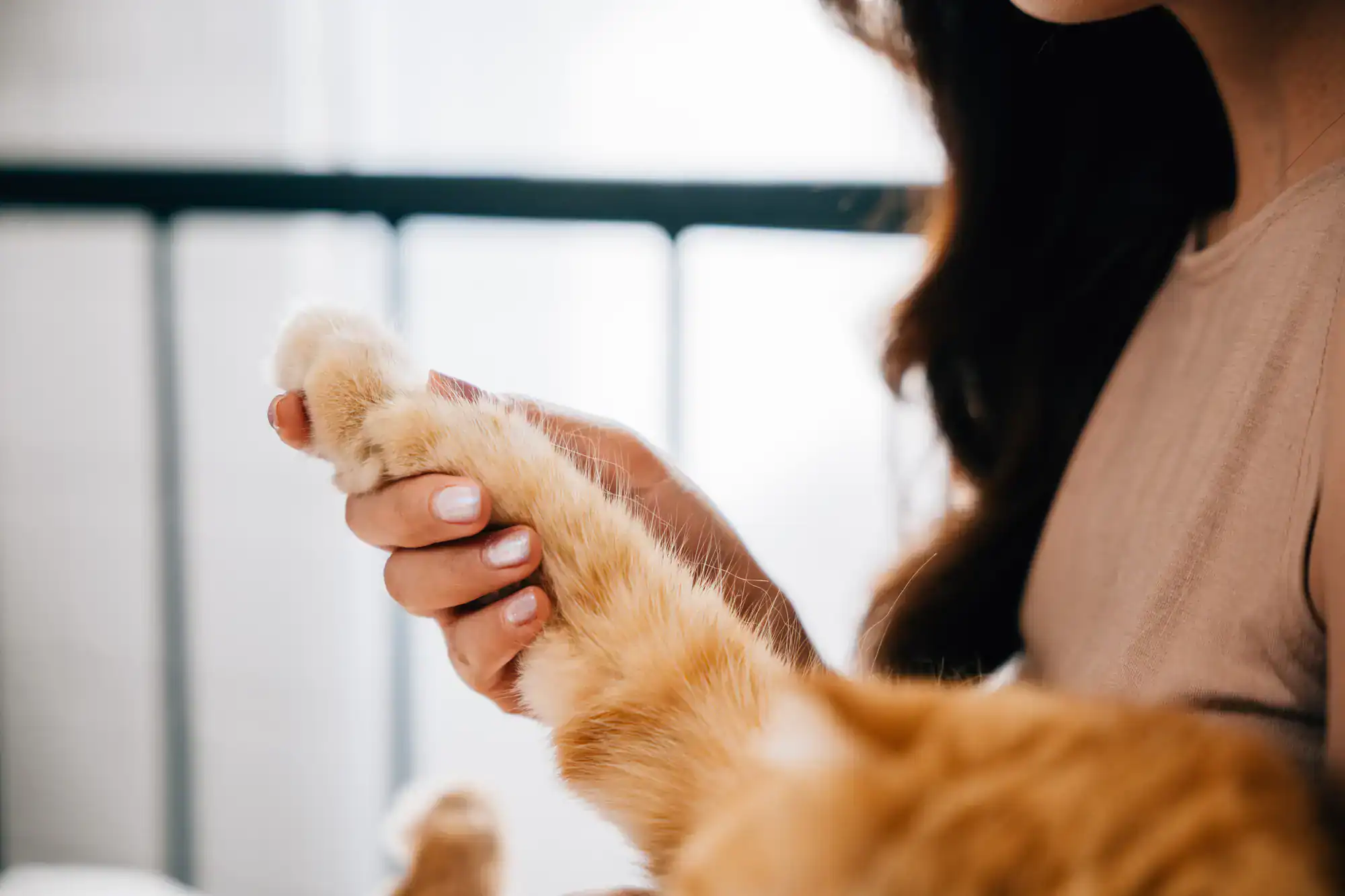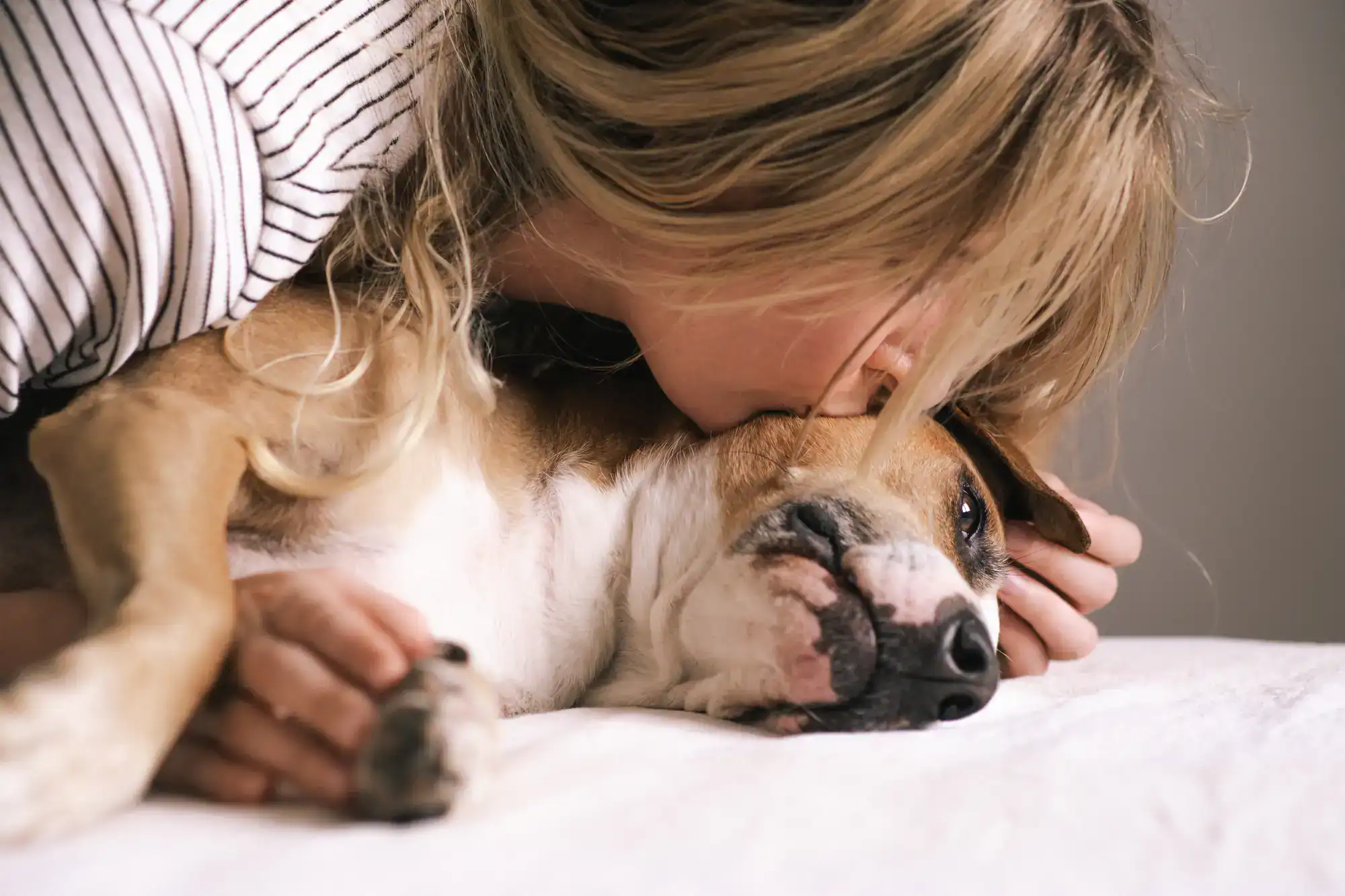Pet Loss Support in Eldon, TX
Finally, Someone Who Understands Your Grief
Professional pet grief counseling and emotional support when the rest of the world doesn’t get why you’re hurting so much.

Hear from Our Customers

Pet Grief Counseling Services
Your pet wasn’t “just an animal.” They were your constant companion, your comfort during tough times, your daily routine. When they’re gone, the silence feels deafening and the guilt can eat you alive.
Everyone else expects you to “move on” after a few days. They don’t understand why you’re still crying weeks later or why walking past the pet store makes you fall apart. The truth? Pet grief hits harder than most people realize, and it lasts longer than anyone wants to admit.
You need support from someone who actually gets it. Someone who won’t minimize your loss or rush your healing. Our pet loss support helps you work through the complex emotions—the guilt over end-of-life decisions, the anger at yourself for “not doing enough,” and the deep sadness that feels like it might never end.
Professional Pet Loss Counselors
We’ve been serving Eldon and Harris County families since 1989. We’ve learned that pet grief isn’t a weakness—it’s proof of how much love you shared with your companion.
We’re members of the American Association for Pet Loss and Bereavement, with two full-time veterinarians on staff who understand both the medical and emotional sides of pet loss. We’ve helped thousands of Texas families navigate this difficult journey, including many from rural communities who understand the unique bond between working animals and their families.
What makes us different is simple: we take your grief seriously. We know your pet was family, and we treat your loss with the same respect and professional care as any significant bereavement.

Pet Loss Support Process
When you’re already dealing with grief, the last thing you need is a complicated process to get support. We keep it straightforward.
Start by contacting us however feels comfortable—phone, email, or through our website. We’ll listen to where you are right now and help you understand your options. No judgment, no pressure to commit to anything. Just someone who understands what you’re going through.
From there, we connect you with the right type of support for your situation. Maybe that’s individual counseling sessions, information about local support groups, or practical guidance about memorializing your pet. We customize everything based on what you actually need, not what we think you should want.
We’re available seven days a week because grief doesn’t follow business hours. Whether you need immediate support or ongoing guidance as you work through your loss, we’re here for the long haul.

Ready to get started?
Coping with Pet Loss Resources
Our pet loss support goes beyond just talking through your feelings. We provide comprehensive resources designed specifically for pet grief—because losing a pet is different from other types of loss.
You’ll get proven coping strategies that actually work for pet grief, not generic advice that doesn’t fit your situation. We help you understand why this grief feels so intense and why it’s lasting longer than you expected. Many people are shocked to learn that pet grief often lasts longer than grief over human loss.
For Eldon families, we understand the specific challenges of rural pet ownership. Whether your pet was a working animal on your property, a longtime companion through Texas seasons, or a beloved indoor family member, we recognize how deeply pets integrate into country life. We also serve our diverse community, including Spanish-speaking families who need grief support in their preferred language.
Our support includes practical guidance too—how to help other pets in your household cope with the loss, when you might be ready for another pet, and meaningful ways to honor your companion’s memory that fit your family’s values and traditions.

